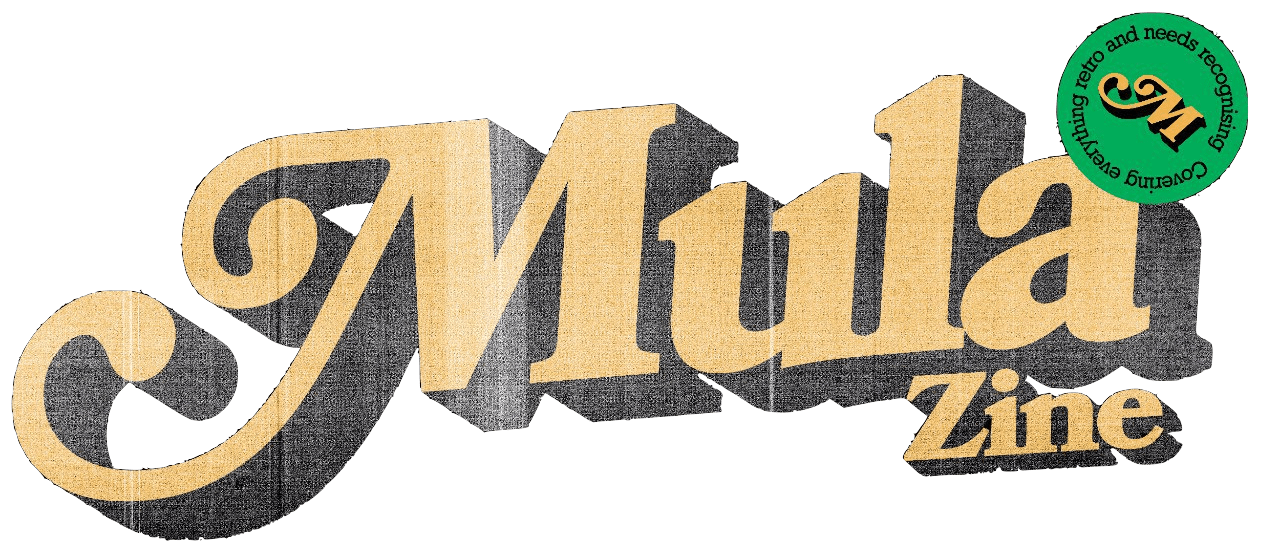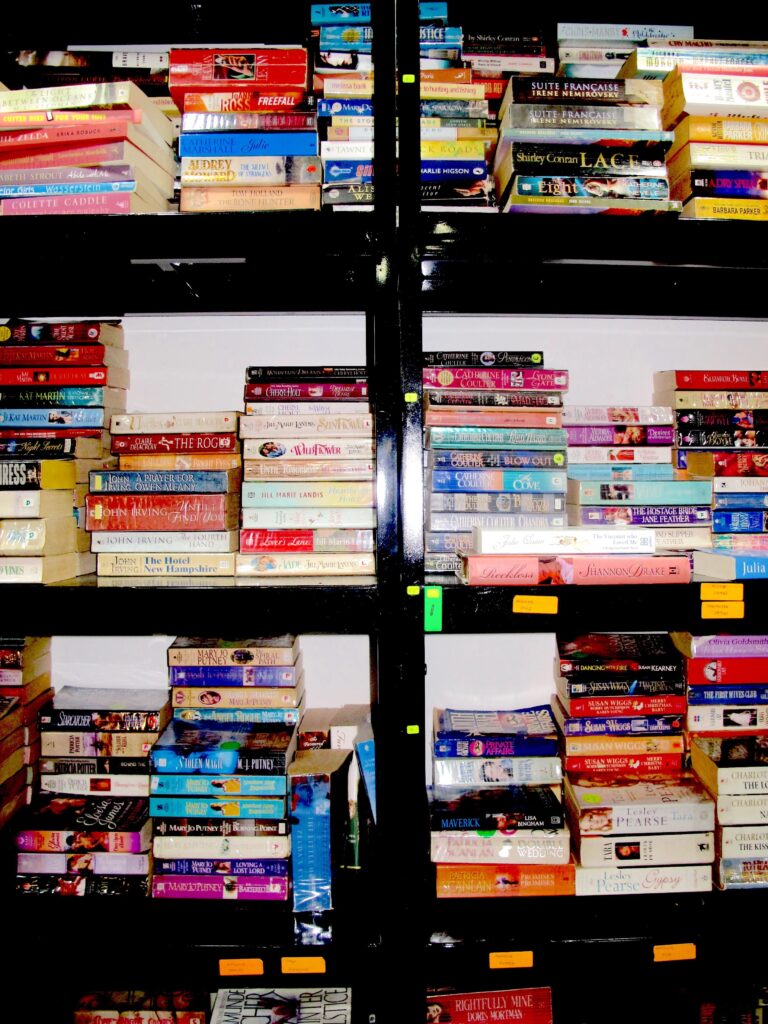The rich, calming aroma of coffee (or tea) wafting through the air as we flip through each page carefully. One page after the other. And another… and another… and another. Or at least that’s the fantasy anyway. This aesthetic, fed to us across generations through countless highly-descriptive purple proses and movies may have been nothing short of romanticization, but I believe that we can generally agree that there is some sort of foundation to this age-old fascination of book-reading.
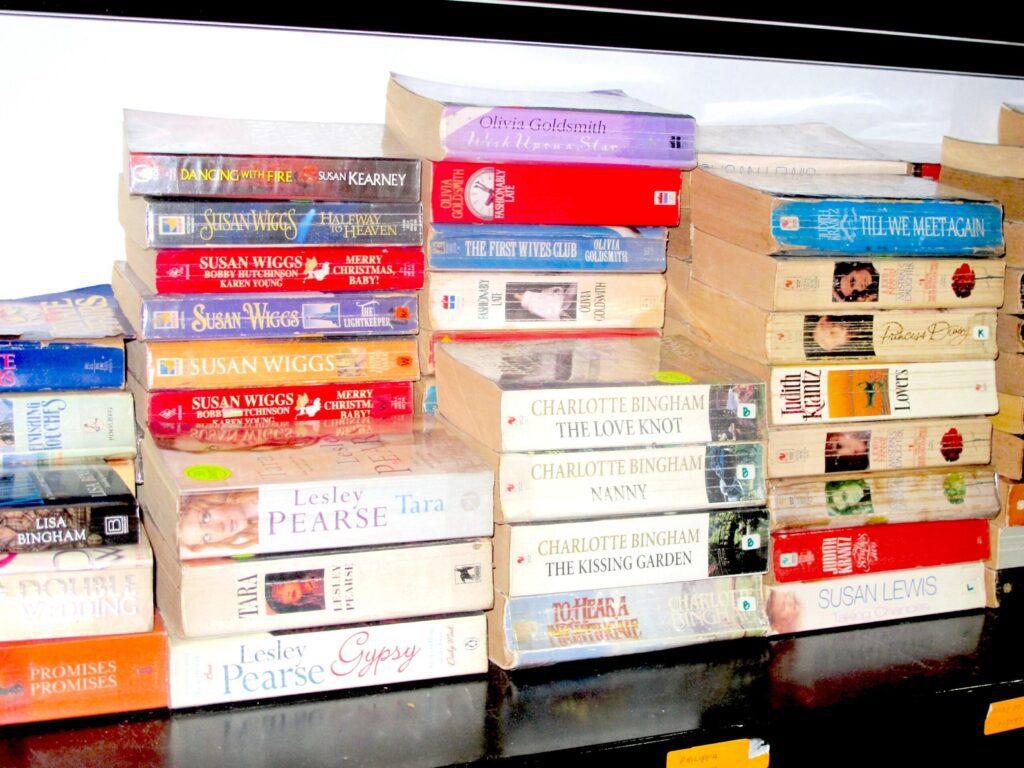
Perhaps it’s the intimate link between author and reader – each word written with care and love, a testament of sleepless nights and scurrying editors chasing deadlines, a whole team struggling behind the scenes to deliver a warmly printed edition that we hold in our very hands. Perhaps it’s the duality of the book itself – a bearer of both fragility and immortality. A book is weak, frail, collapsible at a mere contact with any body of water. It needs care, constant vigilance, and even then, they break. They turn yellow over time, the pages melt into the backbone of the book, they crumble like dust over centuries; fragile. Yet, they hold immense power. Bringing a book into the world allows words to be set in stone, almost. Even when all else fails, those words remain. The language, the intention, the message of the author outlives the writer themselves and is further transposed and given new light with every new reader it reaches. A book is an idea, and ideas are never destroyed. They just find new owners.
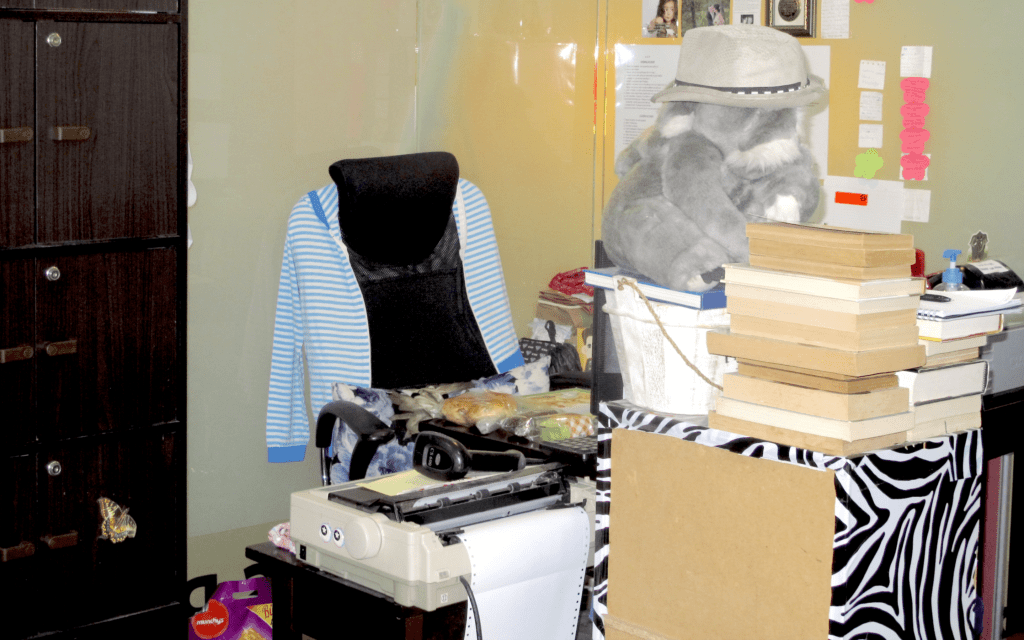
Iconic Reader’s Digest Cashier Table, Ampang Point
So did Reader’s Paradise, 6 years ago.
Succeeded by the couple, Harjeet and Shima, the old, well-loved bookstore found new life in their hands. The store’s interior was re-decorated to accommodate book-lovers of all kinds, the well-affordable rental rates they provided ensured a safe haven for anyone who still held the art of reading books in high regard. “This was a passion project”, Harjeet (or Jeet, as he insisted on multiple occasions) reminisces. You can really tell. One can’t fake the level of commitment and passion, or the obvious heartbreak from his voice as we spoke. They poured their entire souls into the shop, and now after battling years of barely holding the shop together with whatever thin threads of hope they had, they’re finally letting go.

Despite that, Jeet insists that the recent Covid19 pandemic is not to shoulder all the blame, but rather the straw that broke the camel’s back. Shouldering high rents despite receiving zero customers over the PKP months razed a hole in their already-dented pockets. While we’d be quick to blame those months’ loss for most business owners on this still-incurable plague, we’d do well to admit that the general loss in readership over the years is one that’s on all of us. The very art of book-reading––skimming past each page, lifting and feeling its weight on our fingertips, that distinguishable smell of papers on papers bounded together by the various binding styles we’ve acknowledged over the years––is slowly diminishing. Gone were the days where each home housed shelves dedicated for books of all shapes and sizes, where the practice of sharing and trading books with friends was a platform for kids to make new friends and strengthen old ties, and where the tradition of passing down books to newer generations was a sacrilegious event. Ask any librarian and they’d tell you––people don’t even come to libraries anymore. The rise of technology certainly brought information to our fingertips––in quite a literal sense––and with it, information is made more accessible than any era before us. However, very much like the rule of equivalent exchange; ‘humankind cannot gain something without first giving something in return’. Was this a price we’re prepared to pay?
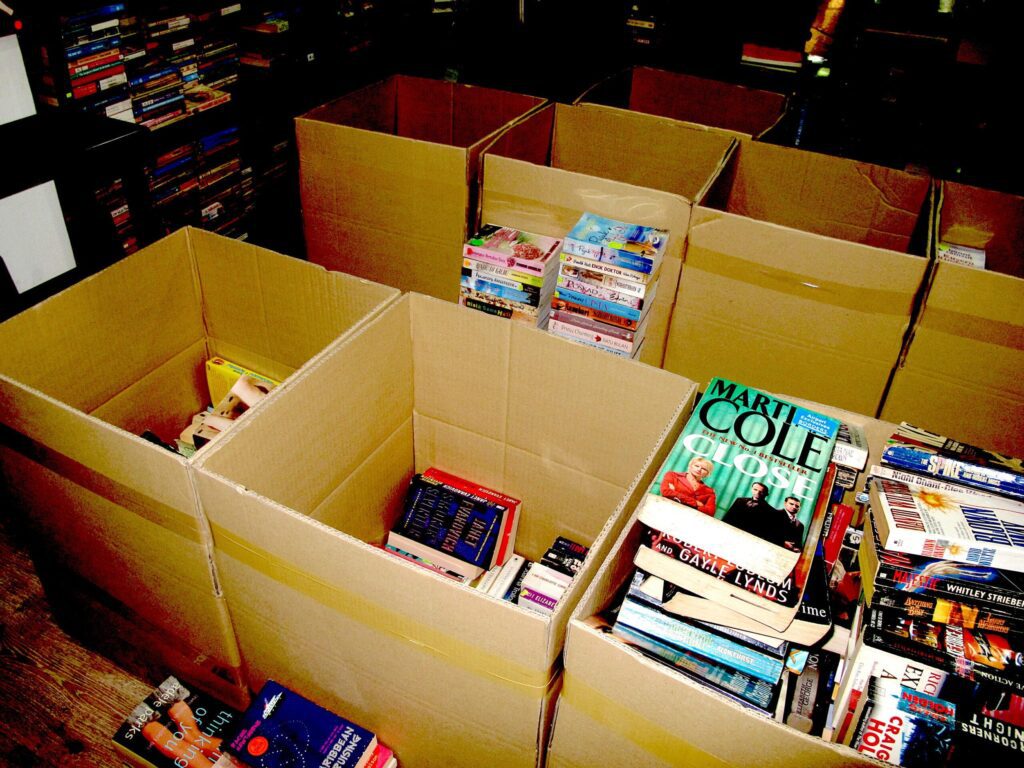
“Book readers like you and me are like dinosaurs, we’re a dying breed” – Jeet.
Is there still a need for books? Our brains don’t need that kind of knowledge bank anymore. We could access information anywhere and at any time. And for those who read or seek information for pleasure, there’s kindle, e-books, audiobooks, podcasts, and a plethora of other alternatives to books. Even educational channels are digitalizing; Khan’s Academy, Youtube channels dedicated to teaching, and universities pledging to support green causes by supplying all studying materials online. So, what are we missing?
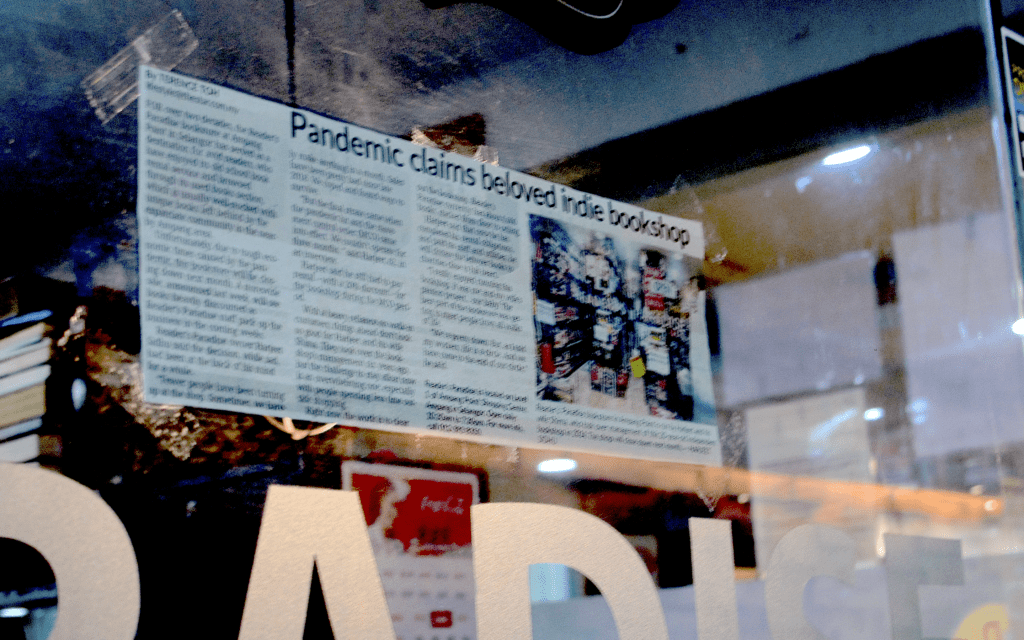
Something, definitely. Be that art, tradition, or culture––there is a loss enough for us to feel its absence. And perhaps, something more. A touch of our humanity; things beyond mere surface-level lessons. Maybe caring for a book teaches us responsibility––how to care and love something other than ourselves. Maybe it’s an act of love, a memoir––passing down something that outlives us, something that serves as a memory of how we lived our lives. After all, you are what you eat, and books are the food of the soul. Perhaps it’s something more, or something less, but it’s definitely not nothing. It’s an intangible presence, once you get soaked into the moment you step into independent bookshops like Reader’s Paradise and its friends. Something a bit different from what mainstream, commercial bookshop franchises offer. Something a bit less robotic, something a bit more human. Whatever that thing is, with each closure of bookstores like this one, perhaps our humanity suffers.
